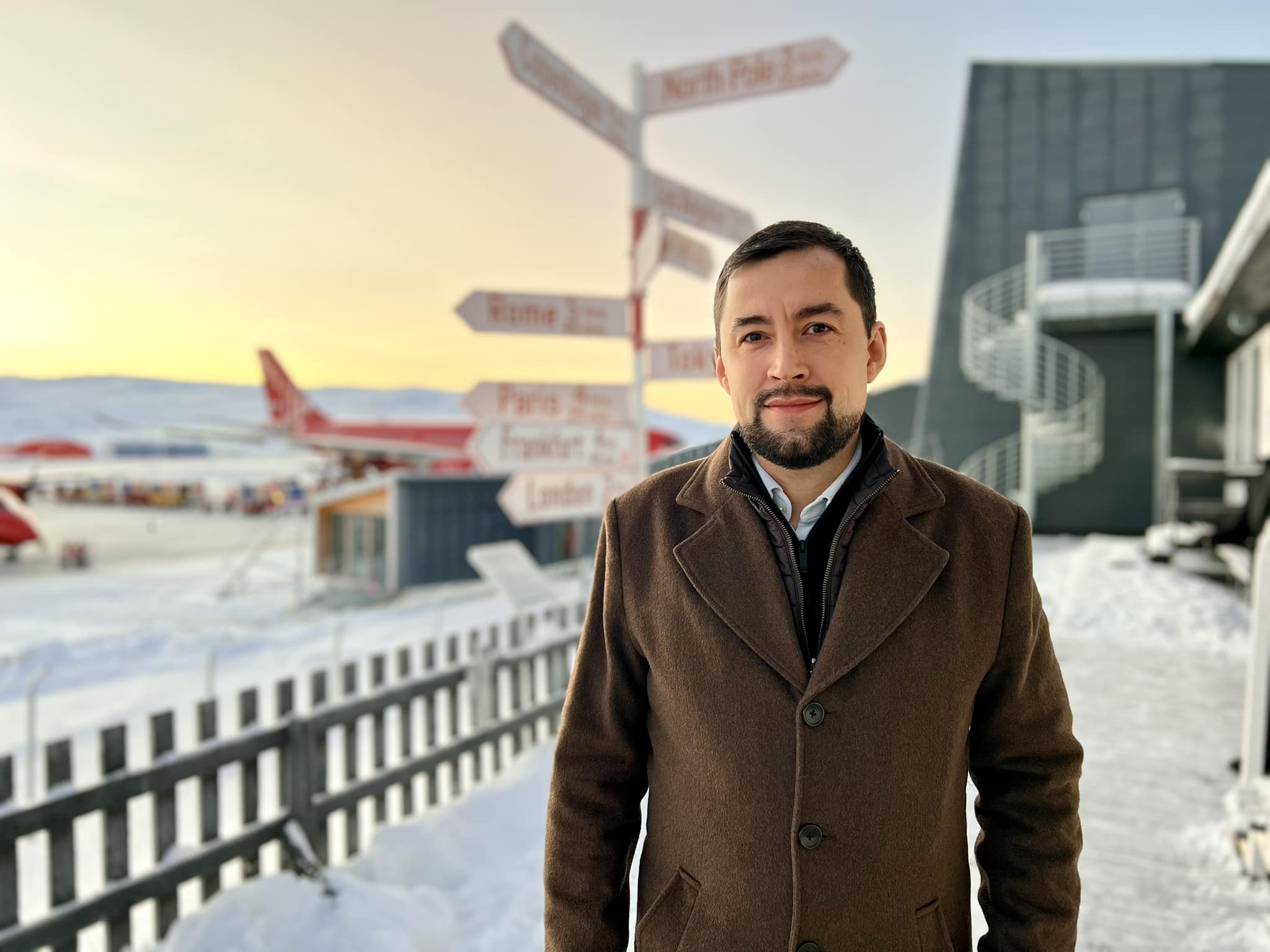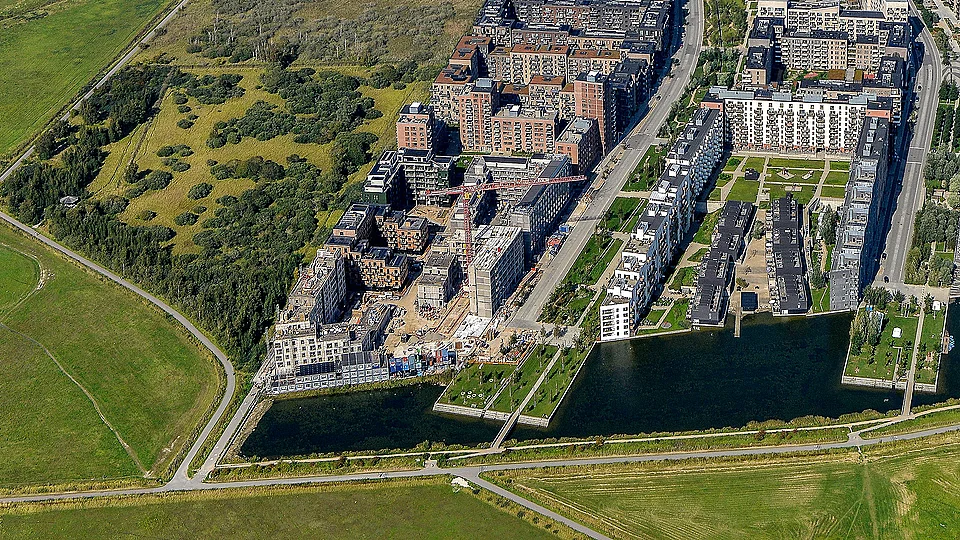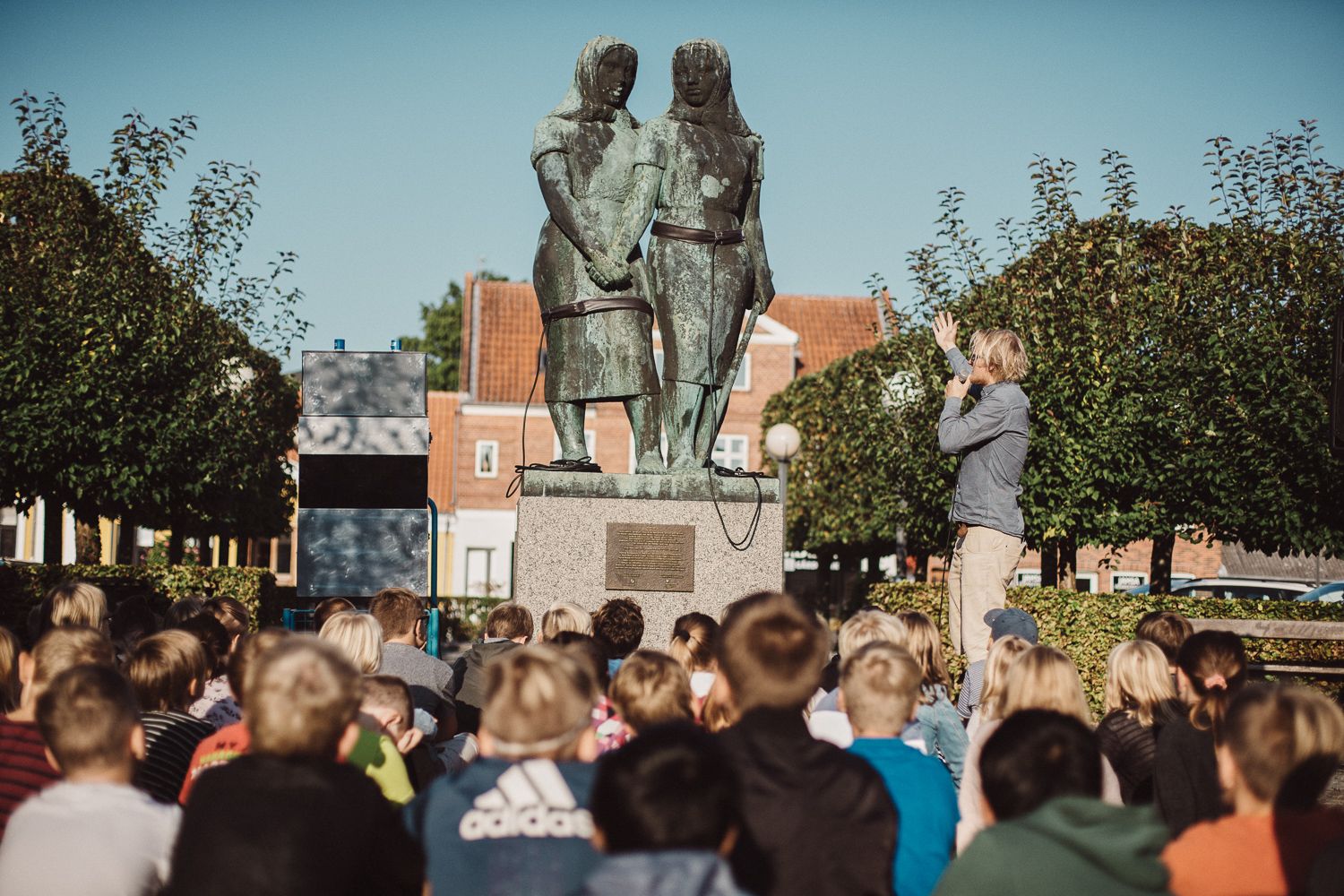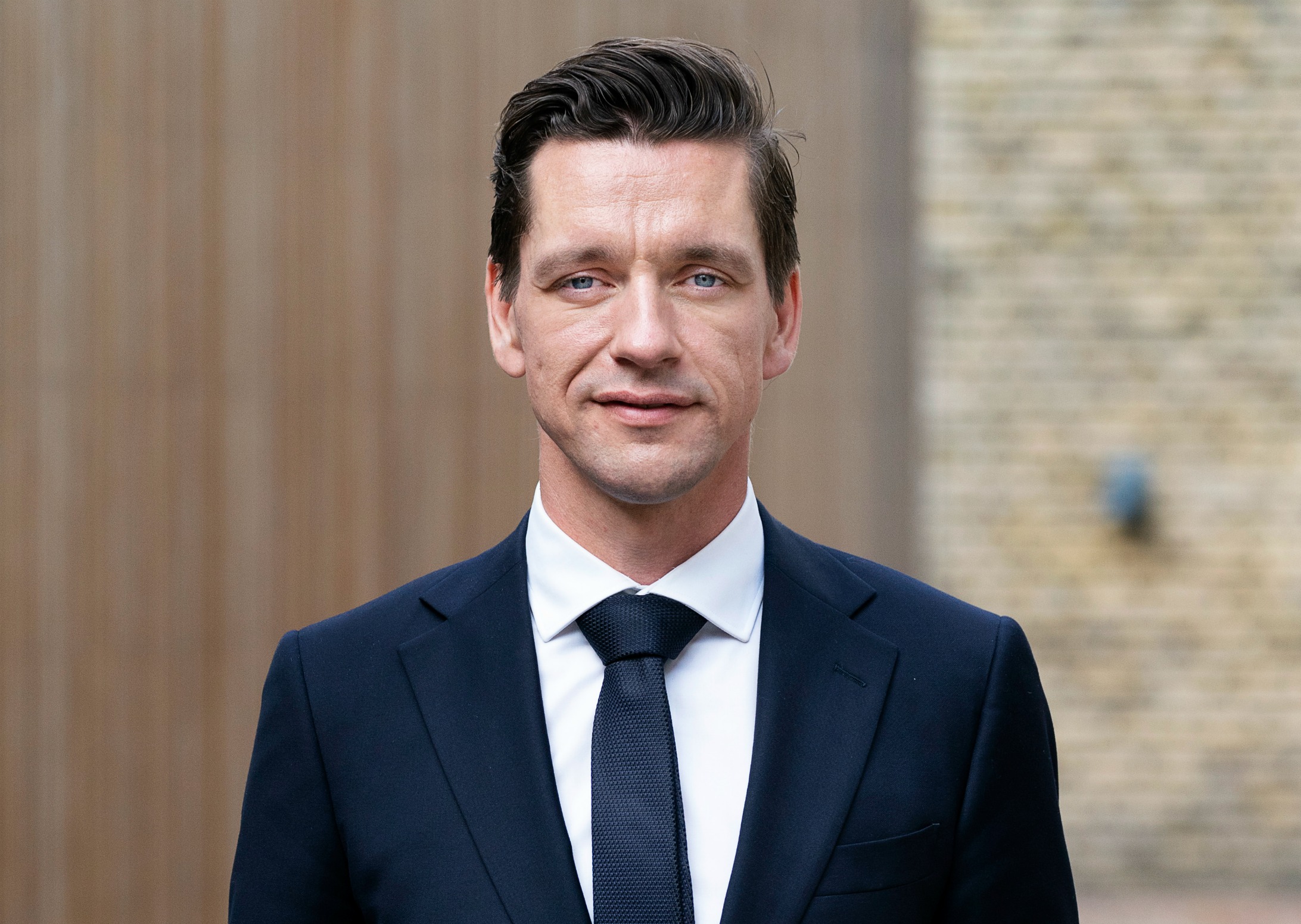Finland’s recent presidential election was an admirably civilised affair. Just before the first round of voting myself and a bunch of other foreign correspondents dropped by the MTV3 studios in Helsinki to eavesdrop on a live television debate between the eight candidates.
Much talk focused on weighty issues such as the sovereign debt crisis, the future of the euro and Finland’s non-Nato status. Representing as they did the eight parties currently in parliament the candidates obviously presented a range of diverging perspectives. But what was really striking was the tone of the debate – it was courteous, civil and cordial.
This was no show for the cameras. The agreeable mood remained each time the show went off-air for ad breaks. With the mud slinging of last September’s Danish general election still clear in my memory, it was refreshing to witness the almost complete absence of negative campaigning.
There were occasional lapses. In a run-down shopping centre in Helsinki’s gritty eastern suburbs, Timo Soini, the contentious leader of the far-right True Finns, received a torrent of abuse from a drunk in the crowd. But he fielded it capably, with neither fuss nor drama.
Overall, the lowest point of the campaign was probably a TV advert on behalf of Paavo Väyrynen that told Finns that “a house needs a master and a mistress” – a nasty little sideswipe at his gay rival Pekka Haavisto. As Vänrynen failed to make it into the second round of the election and Haavisto did, the jibe clearly cut little ice with voters.
So when local journalists sought out us foreign hacks to see what we made of it all, it was easy to proffer a straightforward (if unexciting) opinion: this election was a model of democracy in action – a free, fair and transparent race for the presidency.
I further suggested that Finns should count themselves lucky to be in such a situation, adding that not all of their neighbours were equally fortunate. Here I was thinking of Russia, which every day descends further into a quagmire of corruption and repression. But mostly I was thinking of Belarus, that land-locked former Soviet satellite whose capital Minsk is actually a good bit nearer Helsinki than Copenhagen.
A Belarussian president is a vastly different beast to a Finnish one. Alexander Lukashenko who has ruled since 1994 is frequently labelled “Europe’s last dictator” – and with just cause. One of his most recent affronts to democracy is a law that tightens state control of the internet by prohibiting citizens from accessing blacklisted websites, including those of political opponents and
dissidents.
Under Lukashenko’s iron fist, elections are fraudulent (rigged voting awards him 80 percent of the poll) and opposition protesters are savagely beaten by state militia. The US regards Belarus as “an outpost of tyranny” and channels funds to pro-democracy movements, while the EU has declared its territory a no-travel zone for the despot who counts Syria’s Bashar al-Assad as a bosom buddy.
Presidents, then, come in all shapes and sizes and degrees of humanity. They can be dictators as in Belarus or Syria, powerful political leaders as in the US or France, or largely symbolic heads of state as in Finland, Iceland or Ireland.
But there’s another model too: the constitutional monarchy as practiced by Denmark, Sweden and Norway. Of these three countries, Denmark’s royal rule has by far the strongest support of the citizenry. Currently celebrating the 40th anniversary of the start of her reign, Queen Margrethe II is almost universally acclaimed by her subjects as a wise, competent and thoroughly modern monarch.
According to a recent opinion poll, 77 percent of Danes are happy with their monarchy and only 16 percent would trade it in for a republic. The royals’ broad fan-base is echoed by the blanket media coverage given to glittering events where jewel-adorned royal females troop out in pretty frocks accompanied by royal males with medals clanking on their chests.
Living through recessionary times, the show is often a welcome respite from bleak economic news. The swish of silk gowns and the dazzle of highly polished dress uniform buttons does wonders for the mood. It’s a grand show. And when it comes to discharging the more serious duties of a constitutional monarch, Queen Margrethe deserves nothing but praise for her unerringly skillful handling of a very difficult role over four decades. To her subjects and those she meets on her travels, she is unfailingly courteous and gracious and is certainly one of the most thoroughly decent heads of state I’ve had the good fortune to meet.
But there’s a but. My visit to Helsinki has left me more convinced than ever that monarchy – even constitutional monarchy in its sophisticated Scandinavian format – is a poorer fit with democracy than are direct elections. And for that reason the Finnish formula is admirable.













